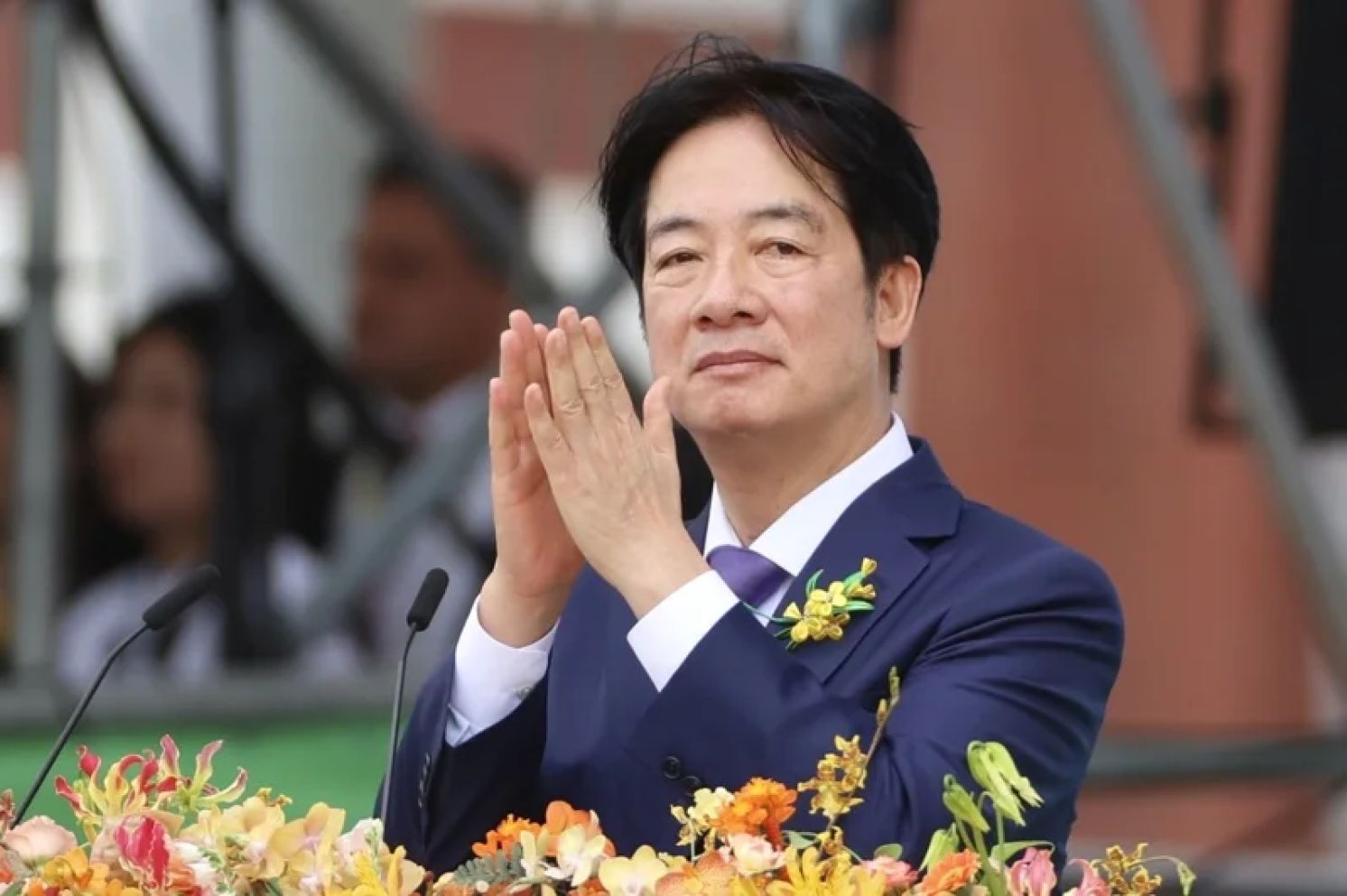
President Lai Abandons "Resistance War Against Japan" Discourse, Undermining Taiwan's Identity
United Daily News Commentary, August 16, 2025
This year marks both the end of World War II and the 80th anniversary of the Republic of China’s victory in the War of Resistance against Japanese Aggression. Yet President Lai Ching-te, as head of state of the Republic of China (R.O.C.), merely issued a Facebook post yesterday to commemorate the occasion, without mentioning the R.O.C. or “War of Resistance” even once, instead downplaying this history with the term “end of the war.” At a time when the Communist China is actively commemorating the “Victory of the War of Resistance,” President Lai has voluntarily relinquished discourse over the war, erasing the blood-soaked history of R.O.C. military and civilians who fought and resisted aggression.
Mainland China will be holding a “September 3rd” military parade, and recently released a film titled Nanjing Photo Studio—depicting the blood and tears of Japan’s invasion from the perspective of ordinary people—timed to coincide with the 80th anniversary of victory in the War of Resistance. These examples illustrate the mainland’s efforts to seize the Republic of China’s discourse and interpretation of the war.
However, on August 15 yesterday—the significant historical milestone marking 80 years since Japan’s surrender in World War II—President Lai not only confined his remarks to Facebook, but also avoided any mention of the “Republic of China” or “War of Resistance,” and failed to express condolences or pay tribute to the Nationalist soldiers who perished in the war against Japan. By using only the phrase “end of the war” to briefly sum up this period of history, he appeared intent on avoiding any expression possibly linked to the R.O.C. or the historical facts of the War of Resistance.
During the eight-year war against Japanese aggression, the Republic of China’s military and civilians endured countless grueling battles—from the Battle of Shanghai, the great victory at Taierzhuang, and the Defense of Wuhan, to the Burma Campaign. Countless Nationalist soldiers sacrificed their lives for justice, while civilians resolutely defended their homeland. They ultimately withstood prolonged oppression by the invader, achieving final victory and securing international standing. After the war ended in 1945, the R.O.C., as a victorious nation, became a founding member of the United Nations and obtained, under international law, the right and responsibility to take over Taiwan.
When President Lai chooses to speak only of the “end of the war” without mentioning the “War of Resistance,” and when he deliberately removes the “Republic of China” from the historical context, it constitutes a betrayal of the countless sacrifices of his predecessors, a weakening of Taiwan’s present-day subjectivity, and gives the mainland the opportunity to “repackage” this history.
At a time when Taiwan faces external pressures and internal divisions, the nation’s leader ought to unite the public by reinforcing historical memory. Yet President Lai has chosen instead to engage in ideological maneuvering, speaking superficially of democracy and freedom while even misplacing historical concepts. The memory of the War of Resistance should not be blurred, and the Republic of China’s history must not be silenced—something that Mr. Lai, as R.O.C. president, must keep firmly in mind.